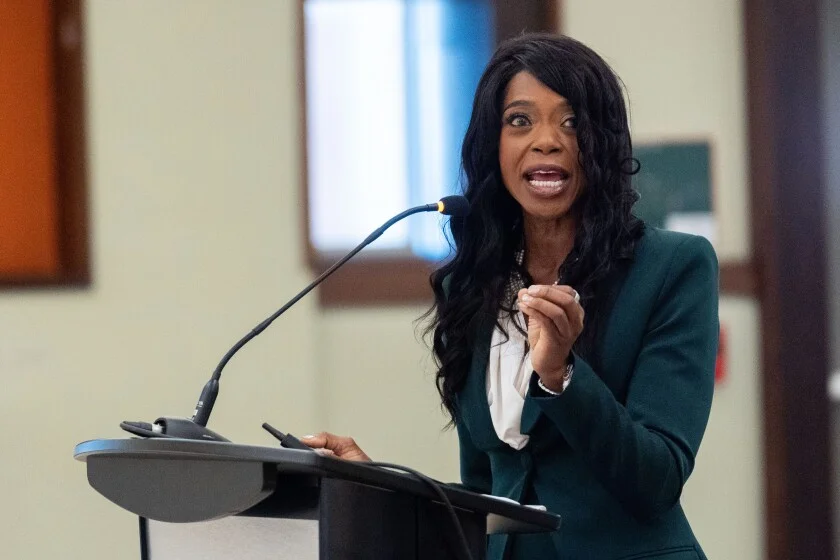
Is Political Loyalty Trumping Expertise in University Leadership?
In a move that has ignited fierce debate across Florida, Florida A&M University (FAMU), the state's only public Historically Black College and University (HBCU), has selected Marva Johnson as its next president. This decision, made amid growing concerns over political influence in education, raises questions about the future of academic institutions and their vulnerability to external agendas.
Johnson, a lobbyist for Charter Communications and a former appointee of Republican Governor Ron DeSantis, was chosen by FAMU's Board of Trustees in a narrow 8-4 vote. The appointment has drawn sharp criticism from alumni, students, and faculty, who argue that her lack of higher education experience—despite her political background—could expose the university to undue interference. Critics, including board chair Kristin Harper, have pointed to Johnson's ties to DeSantis, known for his opposition to diversity initiatives and African American history curricula, as a potential threat to FAMU's mission.

The selection process was fraught with tension. Interim President Dr. Timothy Beard acknowledged the 'surprising' outcome in a letter to the community, emphasizing a commitment to a smooth transition despite widespread disappointment. Johnson edged out other candidates, including internal favorite Donald Palm, who was strongly endorsed by the alumni association. During a heated meet-and-greet, Johnson defended herself, stating she is 'not a Trojan horse' and promising to 'fight and win for FAMU.' However, detractors like board members who voted against her highlighted her $750,000 salary demand and absence of academic credentials as red flags in an era of merit-based hiring.
This controversy extends beyond FAMU, reflecting broader trends in Florida's public universities. Supporters, such as Faculty Senate President Jamal Brown, argue that Johnson's political connections could secure vital funding and navigate state systems effectively. Yet, this rationale echoes recent hires across Florida's institutions, where figures with GOP ties—like former Senator Ben Sasse at the University of Florida—have been prioritized over traditional academics. The backdrop of former President Dr. Larry Robinson's resignation, amid a scandal involving a fraudulent donation, only heightens the stakes, suggesting a pattern of political maneuvering in leadership decisions.
Comparatively, Johnson's appointment mirrors a shift toward nontraditional candidates favored by governing boards, potentially at the expense of institutional integrity. Critics warn that such choices could undermine diversity and educational autonomy, especially for HBCUs like FAMU, which play a crucial role in serving underrepresented communities.

In summary, Johnson's impending leadership at FAMU underscores the delicate balance between politics and education. As the Florida Board of Governors prepares to confirm her appointment, the university community must grapple with what this means for its legacy and values.
What do you think—does political experience outweigh academic credentials in university leadership? Share your views in the comments below and help us explore this evolving issue further.
Related issues news
Who is Marva Johnson Famu?
Marva Johnson is an American business executive and education policy official who was appointed president of Florida A&M University in May 2025.
What happened at Florida A&M University?
Florida A&M Hires DeSantis Ally as President. The HBCU in Tallahassee hired a president who has never worked in higher ed but has ties to Republican governor Ron DeSantis. Her critics have dubbed her “MAGA Marva.” Florida A&M's Board of Trustees voted 8 to 4 Friday to hire Marva Johnson as president.